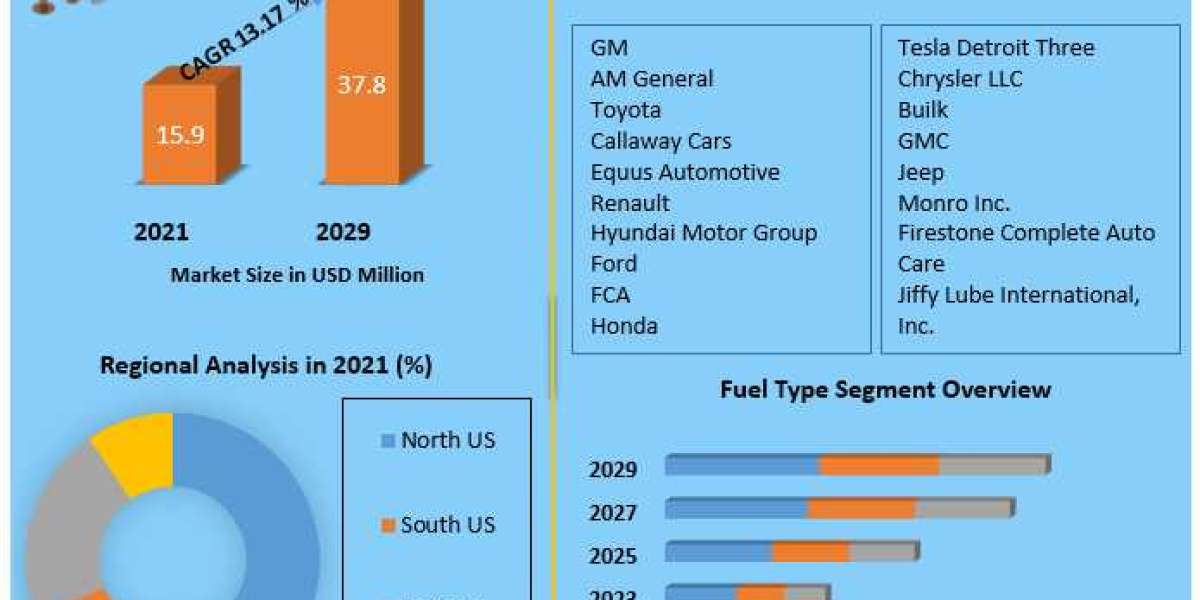The Electric Vehicle Market is expected to grow from USD 461.6 billion in 2023-e at a CAGR of 11.7% to touch USD 1,000.8 billion by 2030. Prominent players include BYD, Tesla, Volkswagen, Bosch, ABB, Infineon Technologies, Siemens, Toshiba, Denso, Samsung SDI, Hitachi, Mitsubishi Corporation, Minda, amongst others.
The key factors contributing to the growth of the electric vehicle market during the forecast period include new technological advancements such as low CO2 emissions and maintenance, smooth driving, and reduced engine noise. Demand for electric vehicles is rapidly increasing as they are fuel efficient, high-performance, and low-emission vehicles. Strict government rules and regulations regarding vehicle emissions and reduced cost of electric vehicles are significantly boosting the market growth. As concerns over climate change, air pollution, and the finite nature of fossil fuels intensify, the shift towards electric mobility has never been more pertinent. In this blog, we will explore the current state of the EV market, key trends, challenges, and the exciting future that lies ahead.
Get a Sample Report: https://intentmarketresearch.com/request-sample/electric-vehicle-market-3218.html
Key Trends Shaping the EV Market
- Government Policies and Incentives: Government policies continue to play a crucial role in accelerating the adoption of electric vehicles. Subsidies, tax incentives, and stricter emission regulations are pushing both consumers and manufacturers towards electric mobility. Countries like Norway aim to phase out the sale of new internal combustion engine vehicles by 2025, setting a benchmark for others to follow.
- Advancements in Battery Technology: One of the most significant barriers to the widespread adoption of EVs has been battery technology. However, continuous advancements are leading to longer ranges, shorter charging times, and reduced costs. The development of solid-state batteries promises to revolutionize the industry, offering higher energy densities and improved safety.
- Expanding Charging Infrastructure: The availability of charging stations is critical for the growth of the EV market. Efforts to expand the charging infrastructure are in full swing globally, with initiatives from both governments and private sectors. Fast-charging networks and home charging solutions are becoming more prevalent, addressing the range anxiety that has deterred potential EV buyers.
- Automaker Commitments: Major automotive manufacturers are making bold commitments to electric mobility. Companies like Tesla, Nissan, and BMW have been at the forefront, while traditional automakers such as General Motors, Ford, and Volkswagen are investing billions into developing new electric models and transforming their production lines.
Challenges Ahead
Despite the positive momentum, the EV market faces several challenges:
- High Initial Costs: The initial purchase price of electric vehicles remains higher compared to traditional internal combustion engine vehicles. Although the total cost of ownership is lower over time due to savings on fuel and maintenance, the upfront cost can be a deterrent for many consumers.
- Supply Chain Issues: The production of EVs relies heavily on critical materials like lithium, cobalt, and nickel. Ensuring a stable and ethical supply chain for these materials is essential, as shortages or geopolitical issues can impact production and prices.
- Consumer Awareness and Perception: There is still a significant portion of the population that is either unaware of the benefits of electric vehicles or has misconceptions about their performance and reliability. Increasing consumer education and addressing myths is crucial for wider adoption.
- Infrastructure Development: While progress is being made, the development of charging infrastructure needs to keep pace with the growing number of electric vehicles. Rural and underdeveloped regions, in particular, require more attention to ensure a comprehensive and accessible network.
Get Customization of Report: https://intentmarketresearch.com/ask-for-customization/electric-vehicle-market-3218.html
Conclusion
The electric vehicle market is at the cusp of a major transformation, driven by technological advancements, supportive policies, and a growing environmental consciousness. While challenges remain, the trajectory is clear: electric vehicles are set to become a dominant force in the automotive industry. As we move towards a cleaner, greener future, the electric vehicle market will undoubtedly play a pivotal role in shaping a sustainable world for generations to come.



